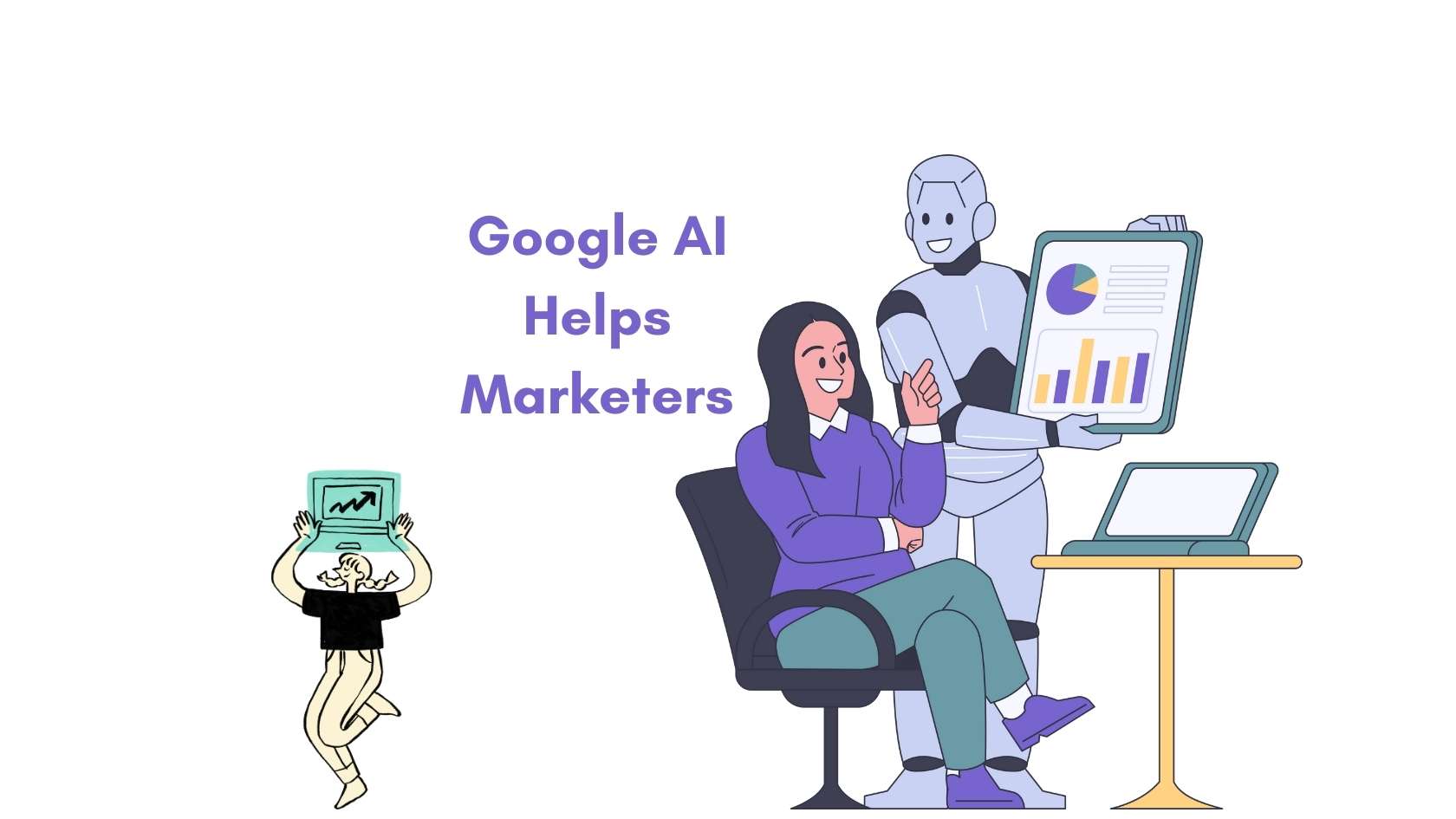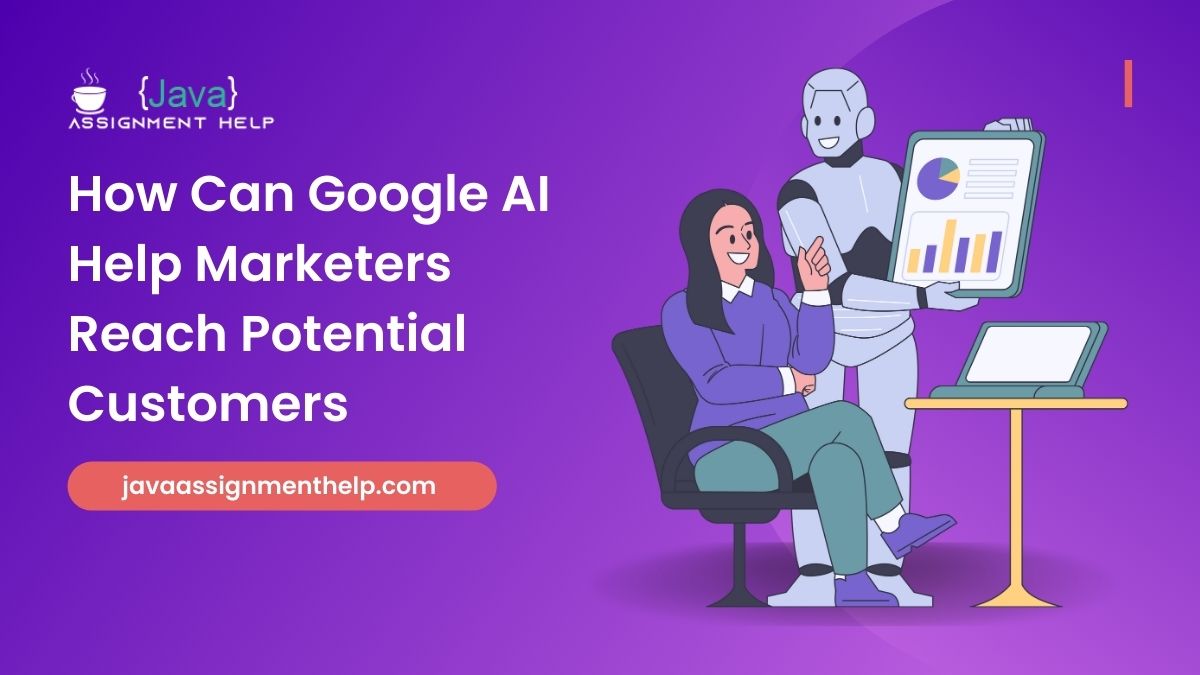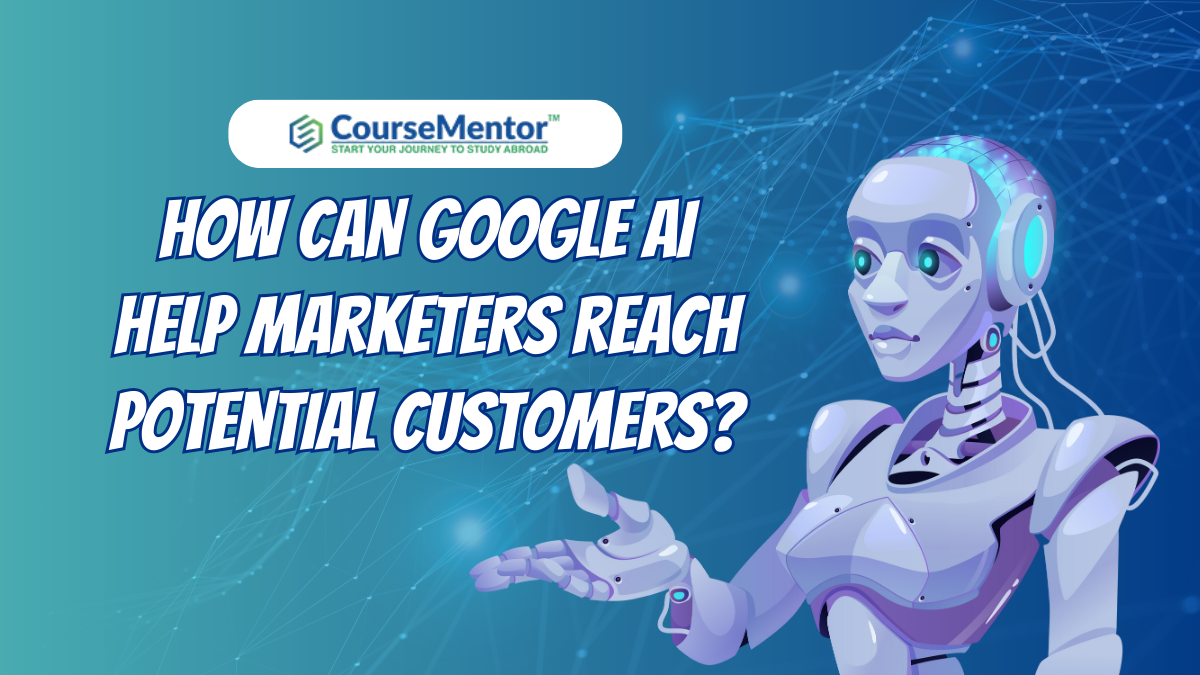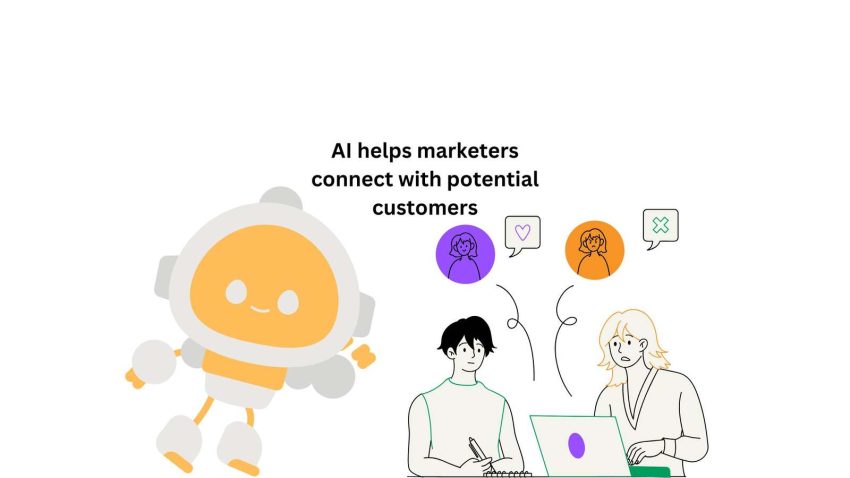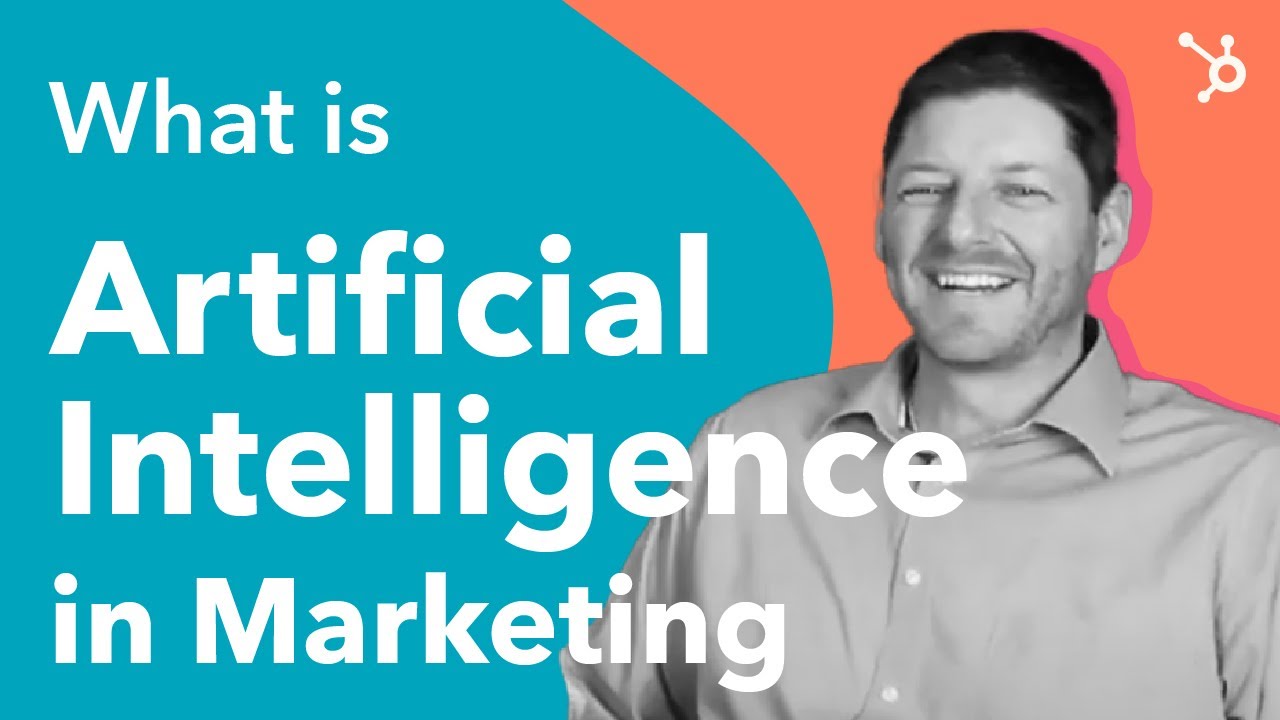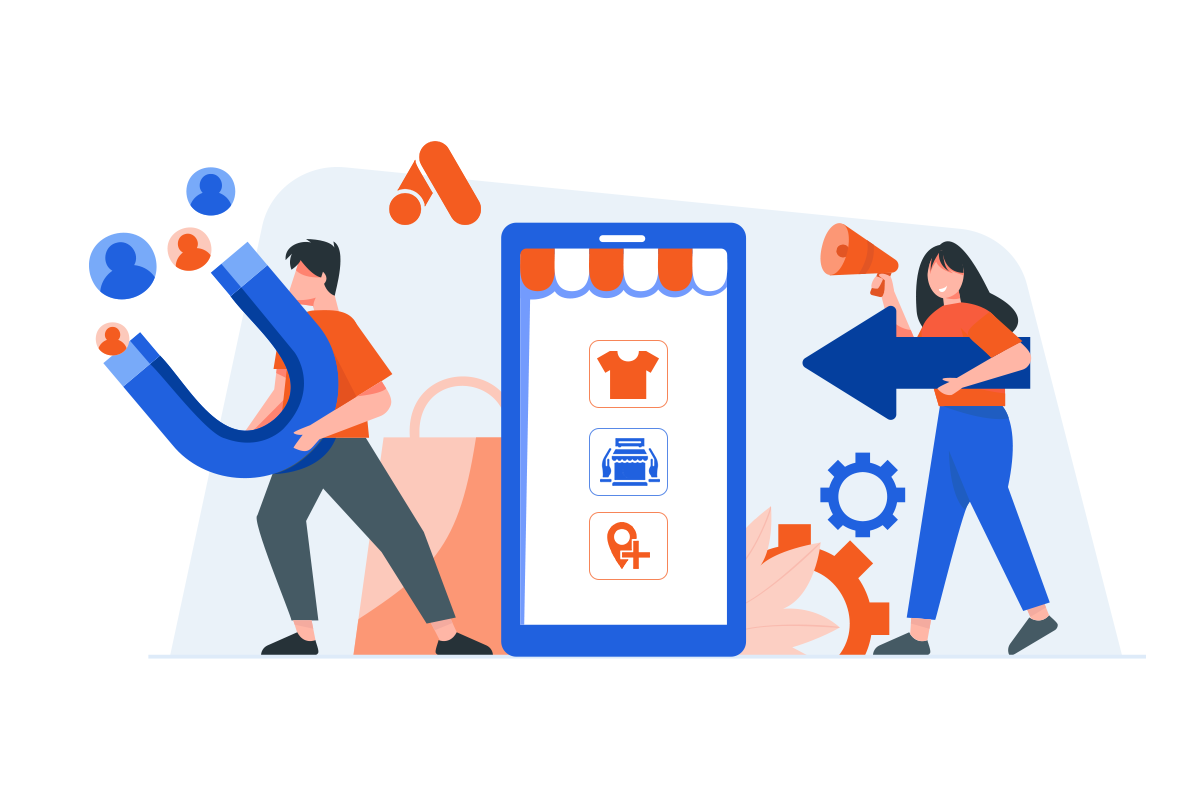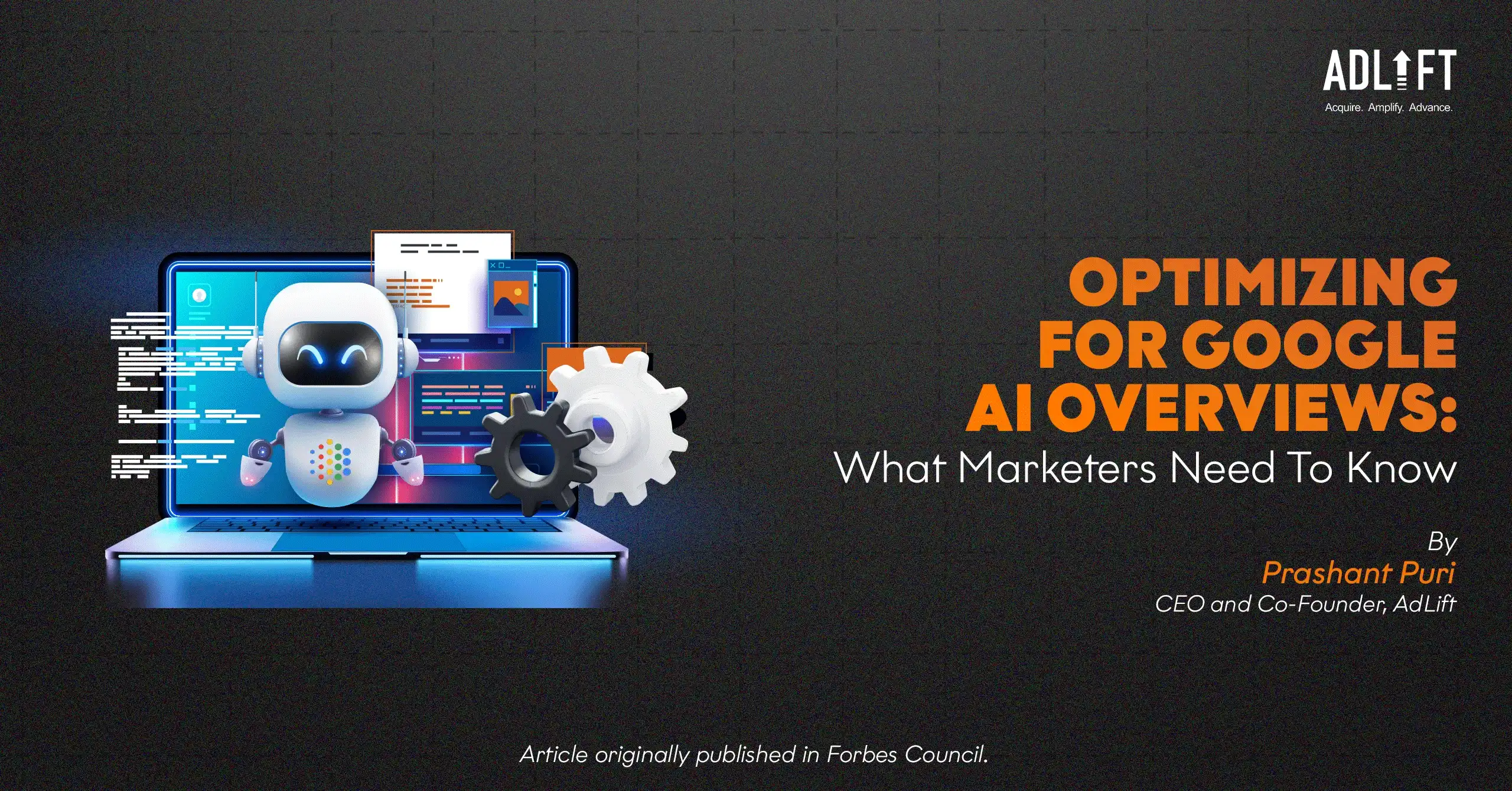How Can Google Ai Help Marketers Reach Potential Customers
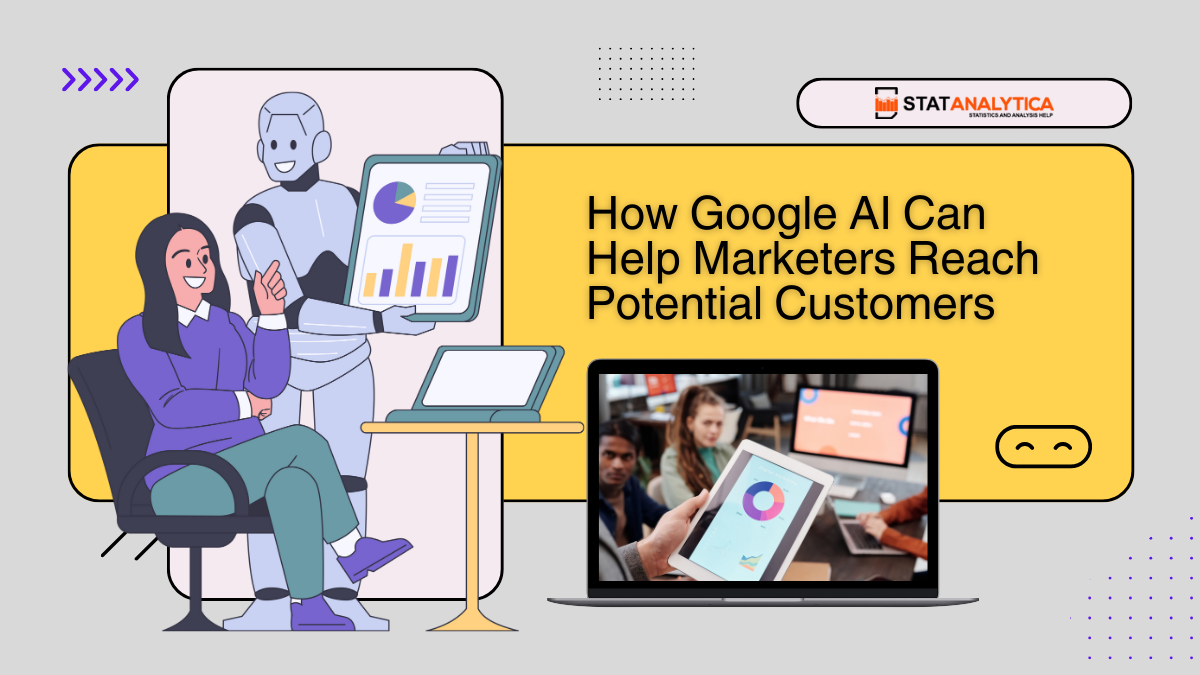
In the high-stakes arena of modern marketing, where consumer attention is fragmented and competition is fierce, the quest to reach potential customers effectively has become an increasingly complex challenge. Marketers are constantly seeking innovative solutions to cut through the noise and connect with their target audience in a meaningful way. Enter Google AI, a powerful suite of tools and technologies poised to revolutionize the way brands understand, engage, and ultimately convert potential customers into loyal patrons.
This article delves into the multifaceted ways Google's Artificial Intelligence (AI) is empowering marketers to reach potential customers with unprecedented precision and efficiency. From enhanced data analysis and personalized experiences to automated campaign management and predictive analytics, we'll explore the practical applications of Google AI and its impact on the marketing landscape. We will examine how these technologies are helping businesses of all sizes optimize their marketing strategies, improve their ROI, and build stronger relationships with their customer base.
Understanding the Power of Google AI for Marketing
Google AI encompasses a wide array of machine learning algorithms and neural networks that can analyze vast datasets, identify patterns, and generate insights. This capacity is invaluable for marketers seeking to understand customer behavior, preferences, and needs.
Through Google's various platforms, such as Google Ads, Google Analytics, and YouTube, AI algorithms are constantly learning and adapting to user interactions. This continuous learning process allows marketers to fine-tune their campaigns and deliver more relevant and engaging content to potential customers.
Enhanced Data Analysis and Customer Segmentation
One of the most significant contributions of Google AI to marketing is its ability to analyze massive amounts of data from various sources. This includes website traffic, search queries, social media activity, and purchase history.
By identifying patterns and trends within this data, AI enables marketers to segment their audience into highly specific groups based on demographics, interests, and behaviors. This level of segmentation allows for highly targeted marketing campaigns that resonate with individual customer needs.
For instance, a clothing retailer can use Google AI to identify customers who have previously purchased specific brands or styles, and then target them with ads for new arrivals that align with their preferences. According to a report by McKinsey & Company, companies that leverage customer analytics extensively are 126% more likely to generate higher profits than their competitors.
Personalized Customer Experiences
In today's digital age, customers expect personalized experiences. Google AI helps marketers deliver on this expectation by enabling them to create customized content, offers, and recommendations that are tailored to individual preferences.
Through techniques like dynamic content optimization and personalized product recommendations, businesses can create a sense of connection and build stronger relationships with their customers. Google's own research indicates that consumers are more likely to make a purchase when they feel like a brand understands their needs and offers relevant solutions.
Furthermore, AI-powered chatbots can provide instant and personalized customer support, answering questions, resolving issues, and guiding potential customers through the purchase process. This enhanced customer service can significantly improve customer satisfaction and loyalty.
Automated Campaign Management
Managing marketing campaigns across multiple channels can be time-consuming and complex. Google AI offers solutions for automating many of these tasks, freeing up marketers to focus on strategic initiatives.
AI-powered tools can automate ad bidding, targeting, and optimization, ensuring that campaigns are always performing at their best. These tools can also automatically generate ad copy and creative assets, saving marketers valuable time and resources.
Google Ads utilizes AI to optimize ad performance based on real-time data, ensuring that ads are shown to the right people at the right time. This automation can lead to significant improvements in campaign ROI and a reduction in wasted ad spend. According to HubSpot, marketing automation can increase sales productivity by 14% and reduce marketing overhead by 12%.
Predictive Analytics for Future Marketing Strategies
Google AI's ability to analyze historical data and identify trends allows marketers to make accurate predictions about future customer behavior. This predictive analytics capability is invaluable for planning future marketing strategies and allocating resources effectively.
By predicting which customers are most likely to convert, marketers can focus their efforts on those individuals, maximizing their chances of success. AI can also predict which products or services are likely to be in high demand, allowing businesses to prepare their inventory and marketing campaigns accordingly.
Furthermore, AI can help marketers anticipate changes in market trends and adjust their strategies proactively. According to a Forrester report, businesses that use predictive analytics are 2.4 times more likely to achieve revenue growth targets.
Challenges and Considerations
While Google AI offers tremendous potential for marketers, it's important to acknowledge the challenges and considerations that come with implementing these technologies. Data privacy is a major concern, as AI algorithms rely on vast amounts of personal data. Marketers must ensure that they are collecting and using data responsibly and ethically, in compliance with regulations like GDPR and CCPA.
Another challenge is the potential for bias in AI algorithms. If the data used to train these algorithms is biased, the resulting outputs may also be biased, leading to unfair or discriminatory outcomes. Marketers must be vigilant in monitoring their AI systems for bias and taking steps to mitigate it.
Finally, it's important to remember that AI is a tool, not a replacement for human judgment. Marketers must use their expertise and creativity to interpret the insights generated by AI and develop marketing strategies that are both effective and ethical.
Looking Ahead: The Future of Marketing with Google AI
As AI technology continues to evolve, its role in marketing will only become more prominent. We can expect to see even more sophisticated AI-powered tools that can automate complex tasks, personalize customer experiences, and predict future trends with greater accuracy. The integration of augmented reality (AR) and virtual reality (VR) with AI will create even more immersive and engaging marketing experiences.
The key to success in the future of marketing will be the ability to combine the power of AI with human creativity and strategic thinking. Marketers who can effectively leverage Google AI to understand their customers, personalize their experiences, and optimize their campaigns will be well-positioned to thrive in the ever-evolving digital landscape.
In conclusion, Google AI presents a significant opportunity for marketers to reach potential customers more effectively and efficiently. By embracing these technologies and using them responsibly, businesses can unlock new levels of growth and build stronger relationships with their customer base. The future of marketing is undoubtedly intertwined with AI, and those who adapt and innovate will be the ones who succeed.




